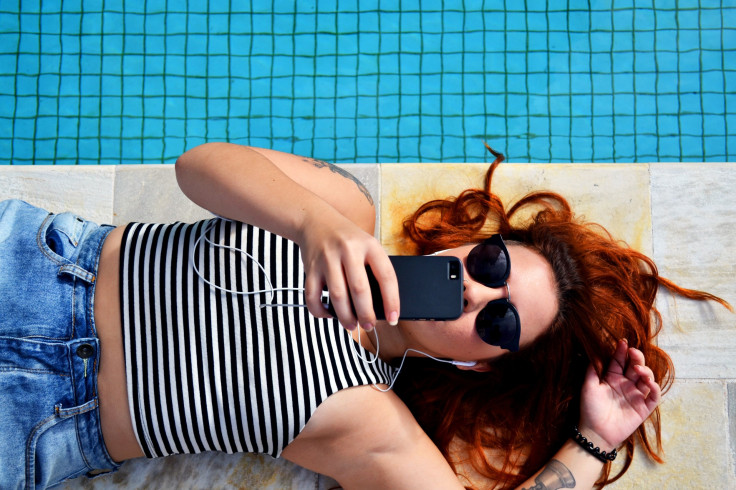3 Easy Ways To Avoid The Effects Of Social Media Depression

Many of us are guilty of going on our newsfeed and scrolling through family and friends' social media posts to catch up. Photos, like the engagement ring, the baby bump, and the "baecation" inundates our feed, which can stoke our "#FOMO" (Fear Of Missing Out) and make us reevaluate our life. Avoiding social media depression starts with curbing how much time we spend browsing, posting, and engaging on these sites every day.
In the infographic, "How To Prevent Social Media Depression," writer Nicola Brown explains the more time we spend trying to catch up online, the more we feel like we're missing out. Moreover, we subconsciously start to compare ourselves to our digital "neighbors," which makes us feel more depressed than the comparisons we make offline. However, the photos and statuses we see from our friends are only a highlight reel of their lives; the hardships and sad moments hardly make it online.
Read More: Top 11 Social Networks Linked To Higher Risk Of Depression And Anxiety
In addition to checking in on friends, we use social media as our primary news. A 2015 study found the violent images and stories about war and conflict on social media can even lead some of us to develop PTSD symptoms. This suggests heavy social media use can manipulate our brain and make us more vulnerable to having lower self control, lower self esteem, overeat, and prevent us from thinking for ourselves.
So, how can we avoid social media's negative effects?
3 Ways To Avoid Social Media Depression
Limit Time Spent
Brown suggests to record the time we spend on social media each day for a week and try to curb it. For example, she wrote:
"If you spend two hours each day on social media, try cutting that time in half."
We tend to fall into a downward spiral browsing, refreshing content on social media sites like Facebook, Twitter, Instagram, among many others, that there is no end to the updates. We can limit usage by blocking communications and notifications from social apps like Facebook to prevent getting interrupted or over-flooded with information.
Change Usage
The idea from changing how we use social media is to prevent us from comparing ourselves to others and feeling jealous. If we limit social media to having a real conversation with friends, this will add to our real-life relationships, help us plan meetups, and boosts our wellbeing. The next time we visit a site, we should begin by asking ourselves what's the purpose of our visit.
Get News Sources Outside Social Feeds
It's easy to get all our news from our social feeds, but this also means we can get distracted from trying to stay informed. When we separate news sources from social media feeds, we're less likely to get lured into mindless social browsing or reading fake news. Instead, Brown recommends us to go on the website of our favorite newspaper or online publication, or turn on the news on TV. We can even opt to buy a print copy of our favorite news publication to stay up to date with current events.
Read More: Heavy Facebook Usage Linked To ‘Declines In Happiness’
People who use social media very frequently have 2.7 times the likelihood of developing depression compared to users who view social media less frequently. Depression in the leading cause of disability in the U.S., and it affects about 6.7 percent of the population age 18 and older in a given year. Monitoring social media use can help maintain good mental health.
See Also:
'Panoply,' A Social Network Depression Patients Can Use To Improve Mental Health
Talkspace Brings Attention To How Social Media Overuse Can Harm Mental Health



























